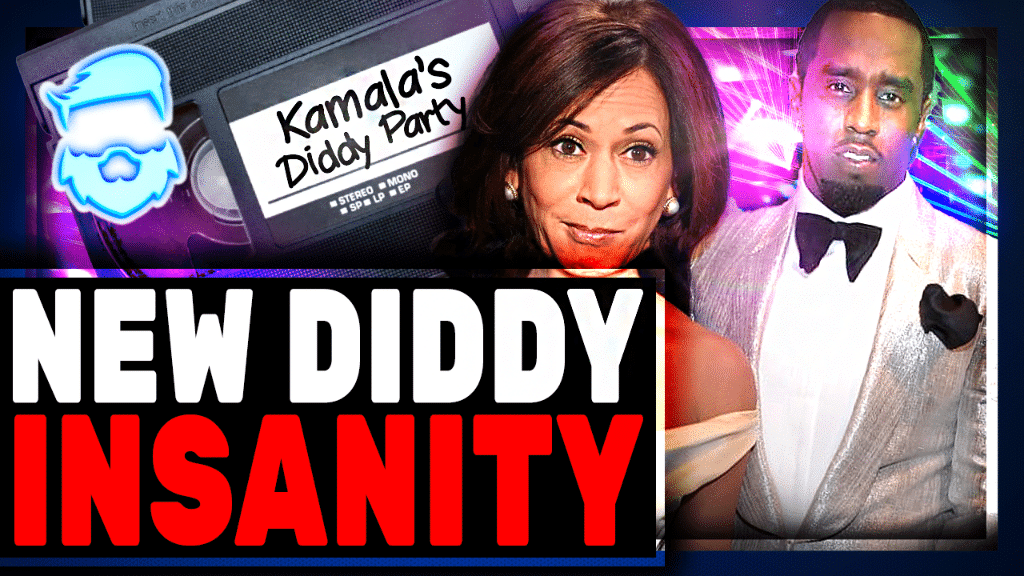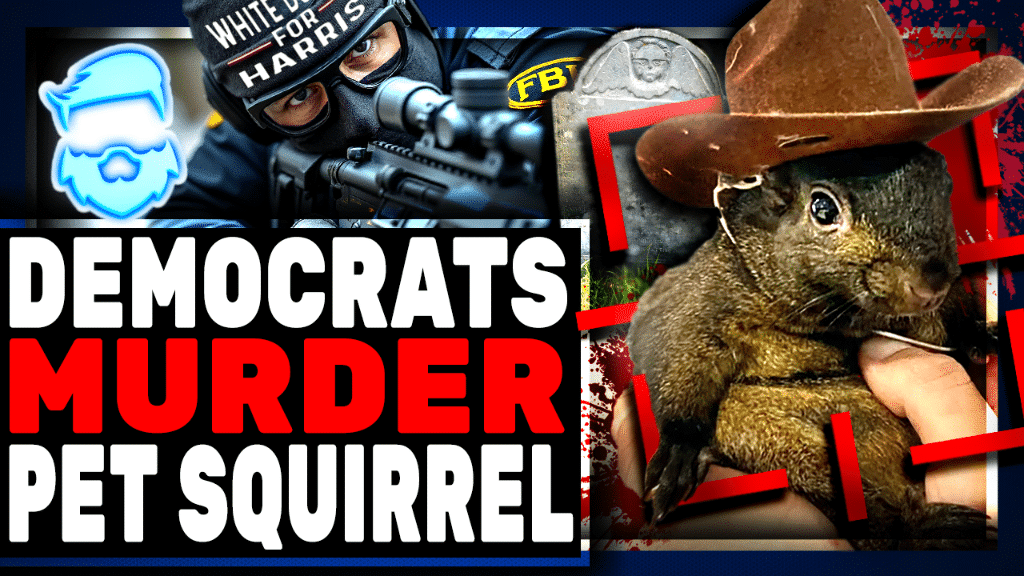The hashtag #BoycottUlta started trending over the weekend thanks to a wave of TERF-y vitriol from Twitter users who are under the impression that Mulvaney’s assertion that she can live a fulfilled life as a woman is misogynistic. Users accused Mulvaney and Ulta of “trolling women,” exercising “male privilege,” treating womanhood as a “costume,” and putting on a “clown parade of misogyny, appropriation and mockery of women.” Multiple posts have misgendered Mulvaney and cited “womanface,” likening Mulvaney’s description of her trans journey to blackface and accusing her of enjoying the aesthetics of womanhood without experiencing misogyny.
Ulta is not the first beauty brand to cause transphobic outrage by featuring trans women in its marketing — this past weekend’s Twitter meltdown was accompanied by a new wave of calls to boycott Estée Lauder, whose spring-2022 ad campaign featured a trans employee. The ire directed at both brands sounds a lot like the anti-trans rhetoric spewed by children’s-book author J.K. Rowling, who has repeatedly insisted that the “lived reality of women globally is erased” if we acknowledge that trans women are women.
Ulta responded to several of the hateful comments individually before hiding replies on the YouTube video. On Sunday, the brand released a slightly more definitive statement:
The premise of ‘The Beauty Of …’ is to feature conversations that widen the lens surrounding traditional beauty standards. We believe beauty is for everyone. And while we recognize some conversations we host will challenge perspectives and opinions, we believe constructive dialogue is one important way to move beauty forward. The intersectionality of gender identity is nuanced, something David and Dylan acknowledge themselves within the episode. Regardless of how someone identifies, they deserve our respect.

















